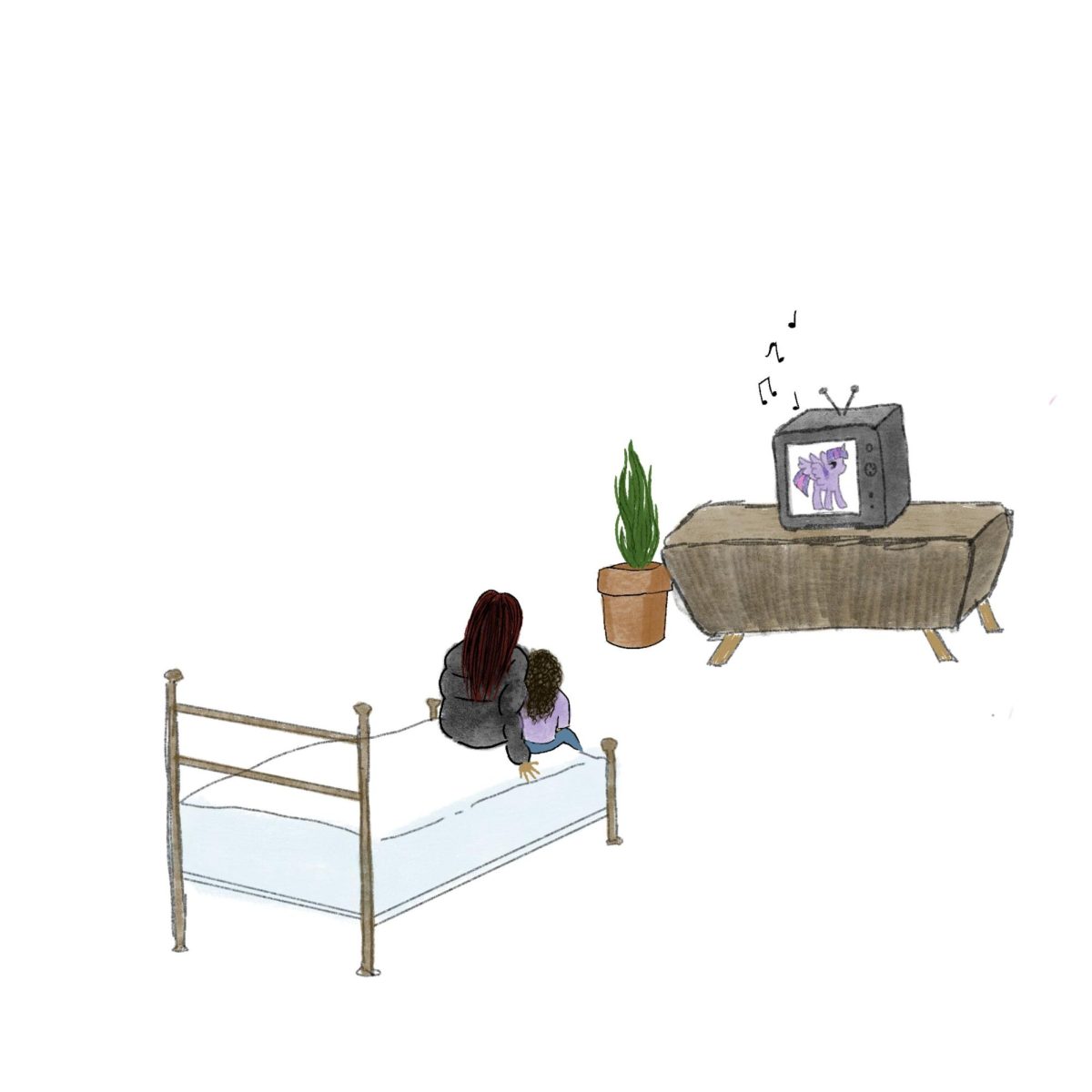When globally recognized band Led Zeppelin’s song “Stairway to Heaven” was taken to court for claims of infringement March 9, an expected amount of controversy aroused. The Ninth Circuit Court of Appeals ruled in favor of Led Zeppelin, overruling and dismissing the inverse ratio rule, bringing long-awaited justice to frustrated musicians. The rule states that when the degree of access attained by one musician to the work of the other musician is higher, the standard for actual similarities between the two pieces is lower. That is to say, because it was argued that Led Zeppelin could obtain greater access to the works of Spirit, the actual comparison between “Stairway to Heaven” and “Taurus” didn’t matter as much.
In the decision, the court stated that Zeppelin didn’t infringe copyright of American rock band Spirit’s 1968 song, “Taurus.” Spirit argued the introductory progression in “Stairway to Heaven” sounded too similar to that of “Taurus.” According to Rolling Stone, the two groups frequently spent time together in the late 1960s while on tour. Zeppelin guitarist Jimmy Page even admitted during the trial that he owned a copy of the Spirit album.
Leading the argument with the inverse ratio rule creates unfairness for musicians, especially in the current digital age. There are a variety of ways to access work now, with streaming platforms such as Spotify and SoundCloud, only continuing to favor the party filing the complaint. Musicians don’t have much room for a proper assessment of the music, as the importance of the music is dismissed. A musicologist should perform an assessment of the similarity between the two pieces.
The opinion of the musicologist should be taken into careful consideration, not dismissed. In the 2015 case of Williams v. Gaye, dealing with the song “Blurred Lines,” the musicologist in the case performed a “flawed” assessment because of her “dismissal of the inverse ratio rule.”
In the case of Zeppelin v. Spirit, the argument revolved heavily around the degree of access Zeppelin allegedly had to the work of Spirit. Even then, it didn’t make much sense to focus on the actual piece. The main defense of the case didn’t seem to have the intent of analyzing 3-4 measures of music, because the actual music was so overshadowed by the claims of access. If the rule were applied in every case of infringement of copyright, it would make more sense to assume that virtually any song could be defended by this reasoning.
The inverse ratio rule is an example of what should not happen in intellectual property law. Moving forward, it is important to make reasonable assessments to prevent rules such as this one from causing disturbance in the music world.
Despite the 43-year-old rule being dismissed, flaws continue to exist in music copyright, with the digital age creating even more problems in intellectual property law.
In 2018, music streaming service Spotify was involved in a lawsuit against music publishing company Wixen. The latter argued that Spotify wasn’t paying royalties to artists under the rule of “mechanical licenses,” which ensures the artist receives their pay. The rate of the mechanical is decided by the Copyright Royalty Board every five years. The streaming service doesn’t even individually negotiate a royalty with the artist; they just follow the standard this board sets.
What becomes even more convoluted is that the already relatively small sum of money from the mechanical is given to the recording label, which then gives an even smaller royalty to the artist.
The mechanical is an undisclosed amount. However, according to the Claremont Journal of Law and Public Policy, researchers estimate Spotify pays 6/10 of a cent every stream. Apple Music is said to pay even less, at 4/10 of a cent.
The lack of transparency is infuriating. Musicians should be aware of their share of the money distributed, not blindly receiving small royalties from a filtered transaction. In a way, mechanicals are dishonoring the work of the artist.
Issues with laws and rules in intellectual property should be revised to balance the flawed system of the music industry.
The inverse ratio rule was dismissed, and now it’s time for others to follow suit.



Pinchas • May 1, 2020 at 8:27 pm
Very interesting !